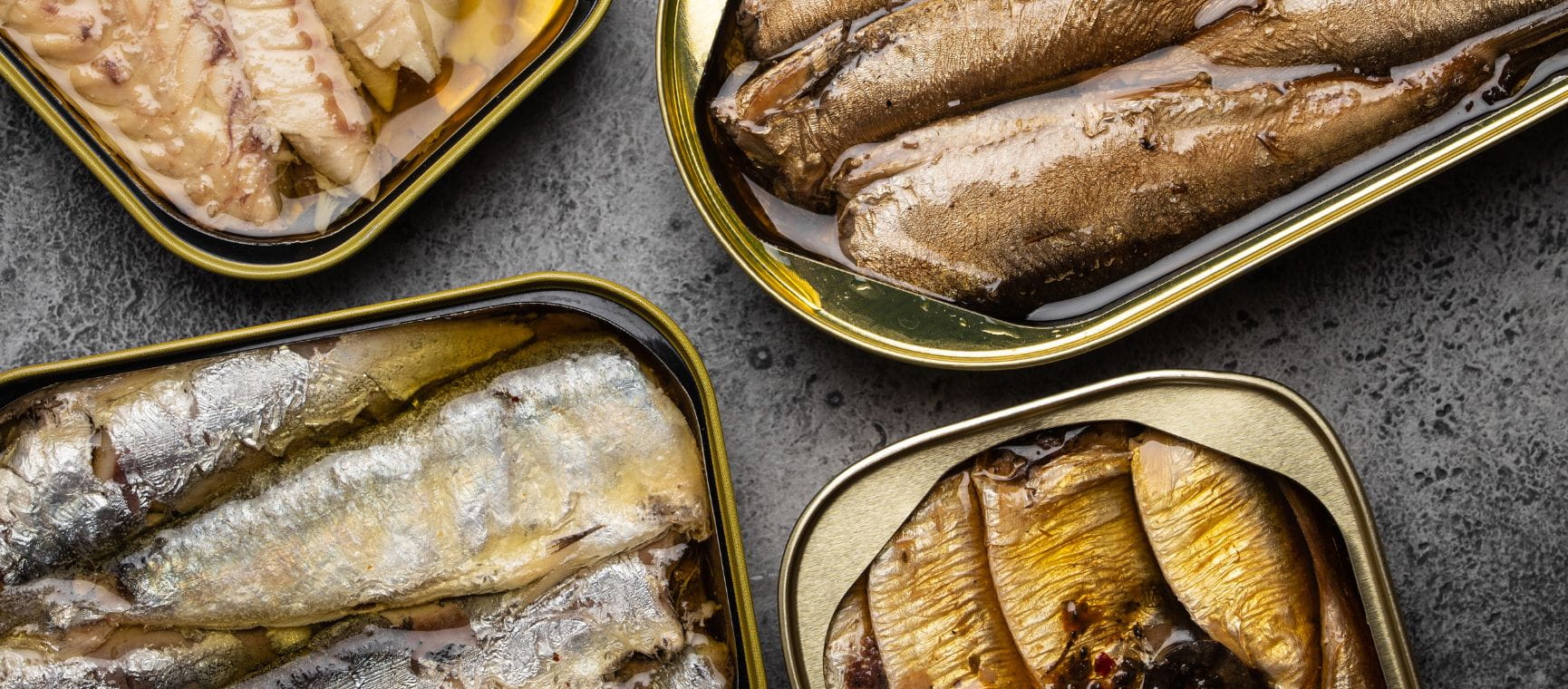
Tuna is the golden retriever of the tinned fish world – reliable, well-liked and always up for a sandwich – but it’s not always the smartest choice.
Eat too much of it, and you could be getting more mercury than you bargained for. A 2019 study found that those eating multiple tuna meals per week had significantly higher levels of mercury in their system, more than four times higher, in fact.
That’s because tuna, especially the larger species used in tins, sit higher up the food chain, meaning they accumulate more mercury. Mercury is a neurotoxin, which can interfere with how your brain and nerves function. Over time, too much of it can lead to issues with memory, concentration, coordination and, in serious cases, even permanent damage. Tuna can also cause hair loss too.
“There have been concerns that tuna contains more mercury than other fish, but the Food Standards Agency (FSA) published guidance to reassure the public it was safe to eat if consumed within recommended guidelines,” says Nikki Woods, a nutritionist and fat loss coach.
Those UK guidelines advise those trying for a baby or are pregnant should have no more than four 140g cans of tuna a week or no more than two 140g tuna steaks a week.
If you want to be cautious though – or fancy just switching up your tinned fish choice – there are plenty of other options swimming in the same aisle, which are often cheaper, just as convenient and arguably, even better for you.

These are top of the list for healthy tinned fish. These small, sustainable fish are rich in omega-3s, calcium (thanks to the edible bones), vitamin D and protein. They’re also low in mercury and big on flavour. Sandra Cohen, a nutritional therapist, says they’re often overlooked as they have a strong taste and smell, but they’re a great addition to any diet.
“They’re sustainable, anti-inflammatory, rich in omega-3, low in mercury and ideal for heart, brain, and bone health,” she says.
They’re particularly valuable as we get older as well. A 100g portion (especially when tinned with bones) contains around 382mg of calcium – roughly the same as 400ml of milk – giving you about 38% of your daily requirement in one go. They also deliver vitamin D, magnesium and phosphorus, all of which play a crucial role in keeping bones strong and slowing the natural loss of bone density that comes with age.
Not only do they come packed with all these amazing benefits, but they’re also the cheapest out of the tinned fish, with own supermarket-own brands starting from less than 50p.
This tinned fish often flies under the radar, but it deserves a prime spot in your cupboard, according to Lucy Kerrison, a registered dietitian.
“Oily fish like mackerel is a brilliant choice,” she says. “It’s rich in omega-3 fats, as well as some levels of vitamin D, and also great in terms of gut health and the microbiome!”
And those omega-3s aren’t just good for your gut – they’ve been shown to support brain function, helping keep memory sharp as we get older. One review of people with mild memory problems saw real improvements after just a few months of upping their DHA intake – one of the key omega-3s found in mackerel.
They’re also good for your muscles. Older adults in trials who added more omega-3 to their diets boosted their grip strength and leg power in as little as six weeks. Not bad for a fish that comes in a tin.

“Anchovies are not to everyone’s taste but have a similar nutrient profile to many other healthy options, whilst having a slightly lower fat content for those considering their overall fat intake,” says Alison Cullen, a nutritionist for Avogel.
These little salty wonders are surprisingly high in protein, offering around 29g per 100g. That makes them great for muscle maintenance, energy, as well as keeping you feeling full – adding them to sauces and pasta is a great option if you’re watching your weight.
Anchovies are intensely flavoured and used in small amounts, so you're unlikely to eat them in large quantities, but if you’re watching your salt intake, it’s worth being mindful and skipping any extra seasoning when you’re cooking with them.
Tinned fish can actually be more beneficial for your health than the fresh stuff says Cullen.
“Tinned fish will provide similar amounts of protein, vitamin D and the Omega-3 Essential Fatty Acids (EFAs), all of which are good for our health,” she says. “There are a couple of additional benefits to tinned fish such as salmon and sardines, where the skin and bones may be included. The high temperatures at which tinned fish is cooked softens bones and skin to make them edible, potentially providing extra calcium, protein, collagen, vitamin E and Omega-3.”
Woods says the main thing to watch out for here is how the fish is tinned.
She says: “If the fish is tinned in spring water the fish will have basically the same nutrient content in terms of calories and vitamins as fresh fish. If it's been tinned in oil, then it will be higher in calories than the equivalent fresh fish due to the oil.”
She also recommends checking to see if it’s been canned with additional salt (or in brine) to avoid increasing your sodium intake.
Often seen as the posh cousin in the tinned fish family, it’s more affordable than fresh salmon, yet just as nutritious.
“Tinned salmon offers choices that contain bones and skin, with their additional nutrient profiles, alongside their healthy oils and vitamin D,” says Cullen.
A recent study suggests that getting enough vitamin D – something many of us fall short on – could help slow biological ageing and reduce the risk of diseases like Alzheimer’s and cancer.
All the more reason to toss tinned salmon into your pasta or whip up some fishcakes for a dinner that’s as good for you as it is delicious.
Tinned crab might not have the omega-3 clout of sardines or mackerel, but it’s still a brilliant addition to your cupboard. It’s low in calories, high in protein and packed with nutrients. It’s also surprisingly rich in vitamin B12, which helps keep your nerves healthy and supports red blood cell production.
And in just 100g, you’ll get your full daily dose of copper – a lesser-known, but essential, mineral that helps your body make red and white blood cells and release iron to form haemoglobin.

“It's recommended to have a couple of portions of Omega 3 each week for the heart health benefits these fats bring,” says Woods.
And you don’t need to add them to a sandwich! Woods says they’re really versatile, with the added bonus that they keep for a long time in the cupboard. Stock up and try some of these delicious ideas.
Jayne cut her online journalism teeth 24 years ago in an era when a dialling tone and slow page load were standard. During this time, she’s written about a variety of subjects and is just at home road-testing TVs as she is interviewing TV stars.
A diverse career has seen Jayne launch websites for popular magazines, collaborate with top brands, write regularly for major publications including Woman&Home, Yahoo! and The Daily Telegraph, create a podcast, and also write a tech column for Women’s Own.


Health insurance for people over 50 that provides a quicker route to diagnosis and planned medical treatment in a private facility.
Underwritten by Bupa Insurance Limited.
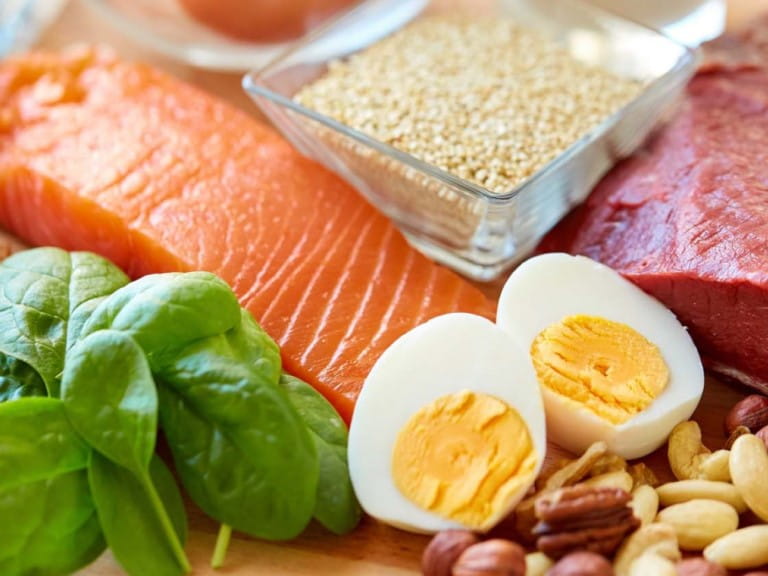
Everything you need to know about protein, from how it benefits your body to the best high-protein foods – and how much you really need.


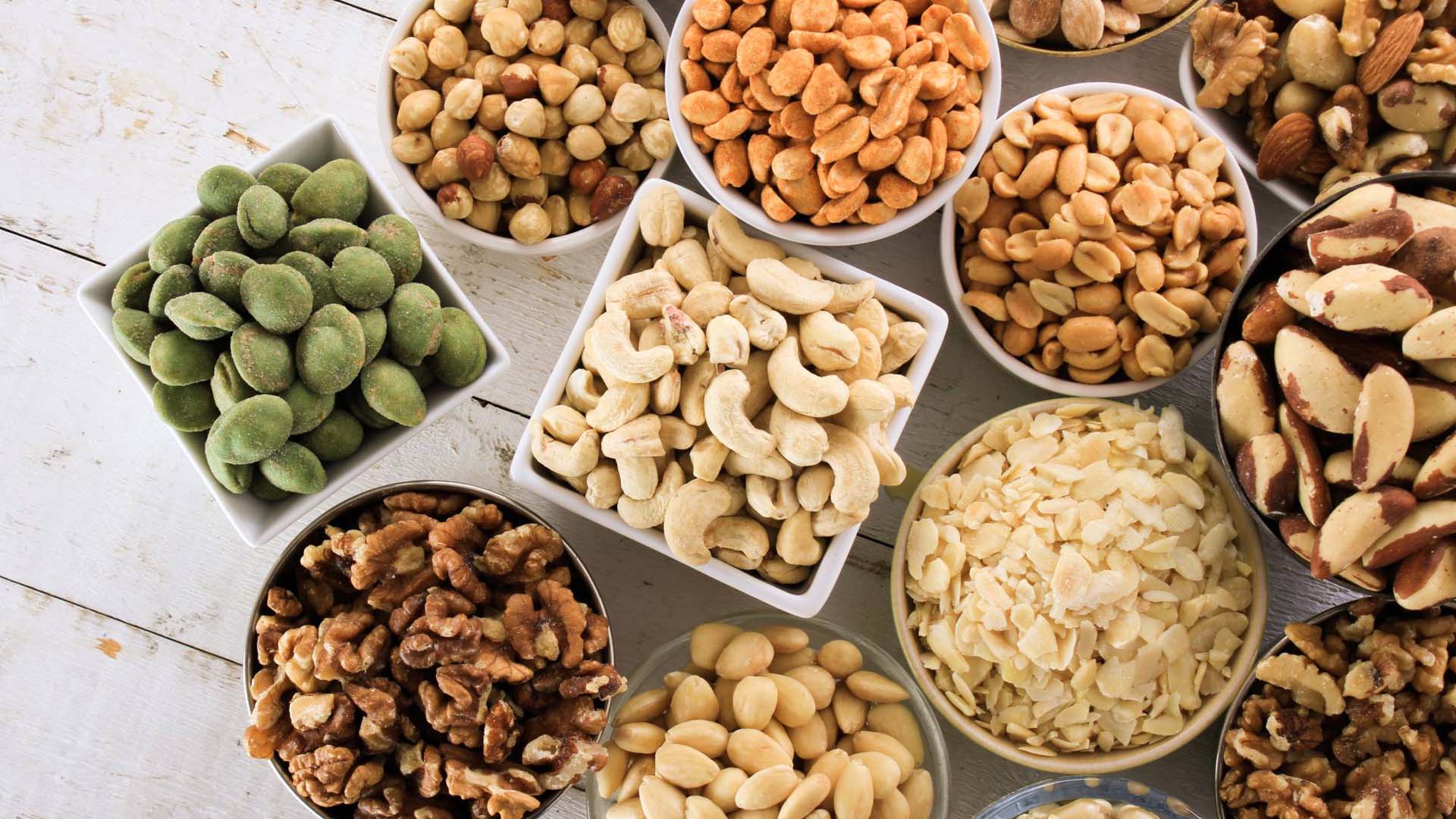
Let’s roast the myths! Not only are nuts less fattening than once feared, research shows they can cut the risk of heart disease too
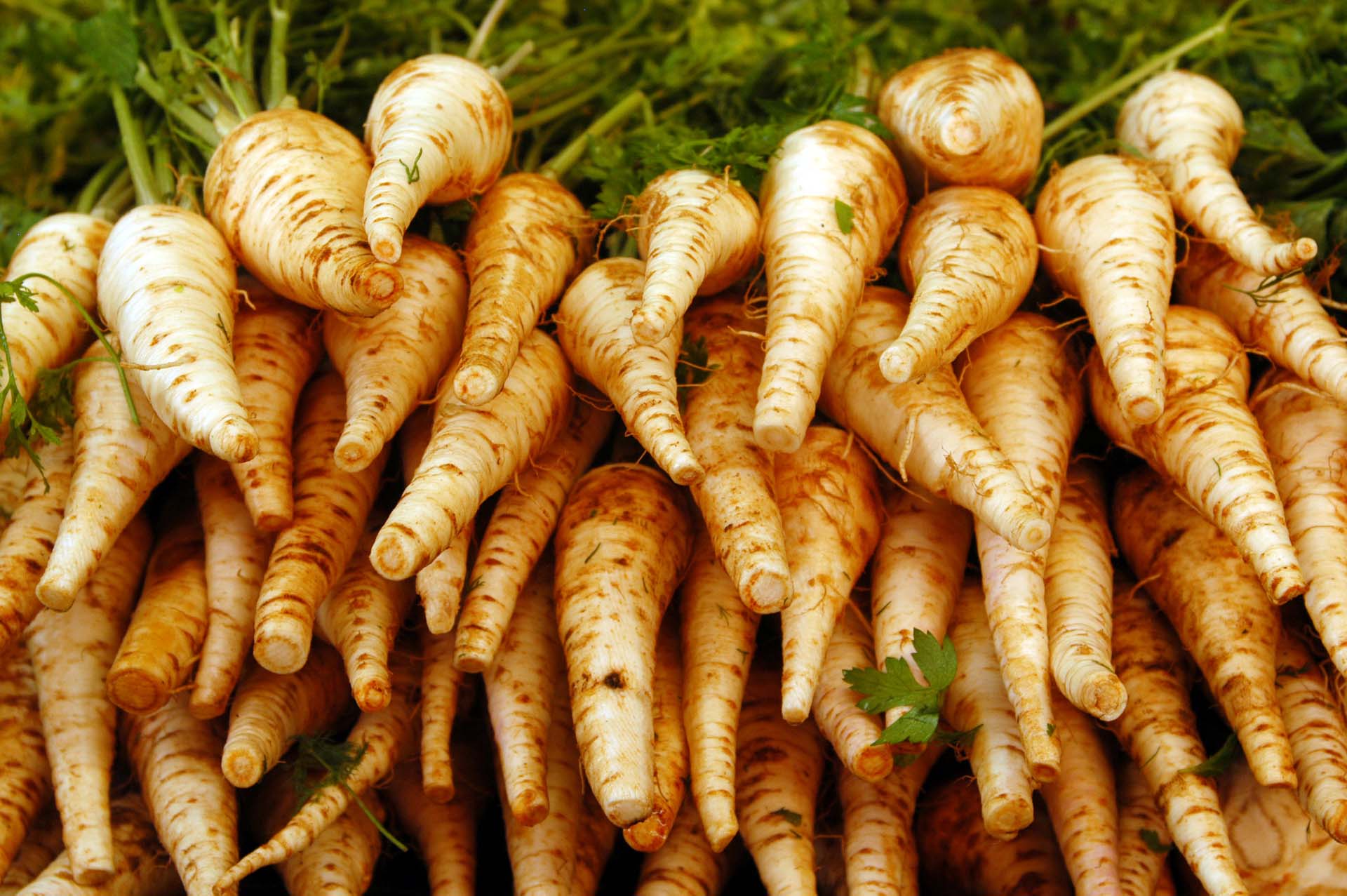
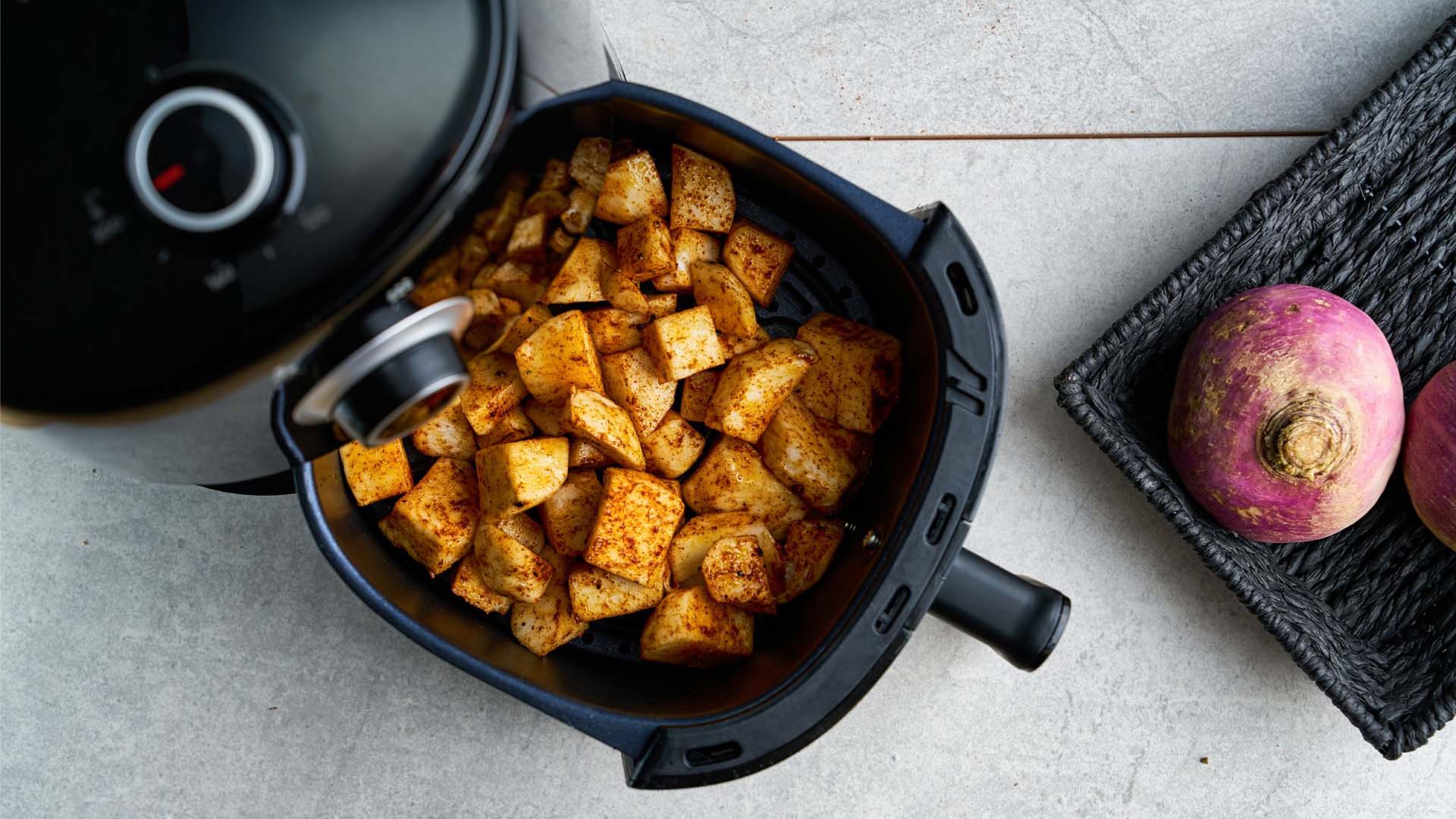
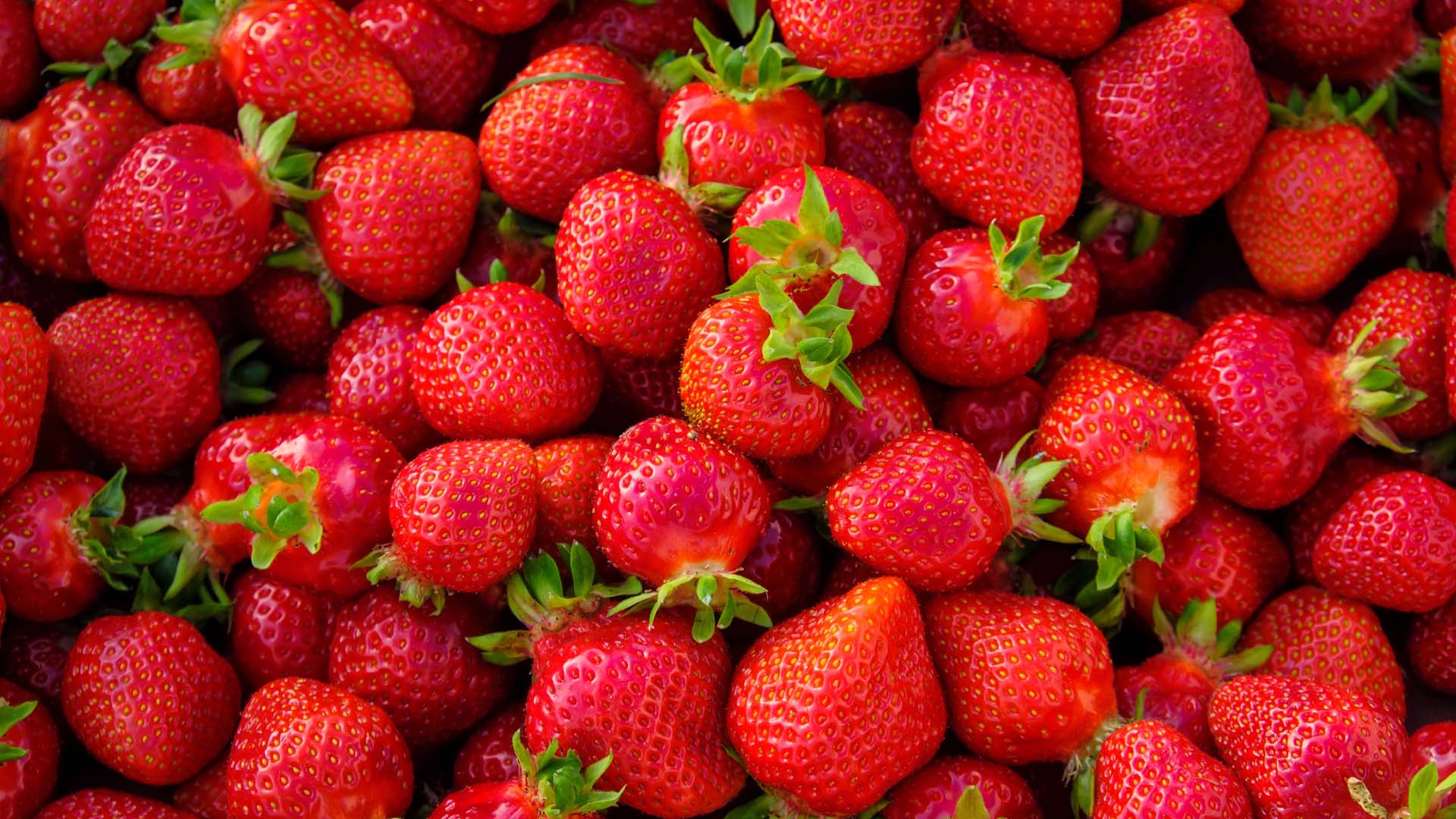
Strawberries don't just taste and look great, they are full of fibre, help your heart health and may even stave off dementia.
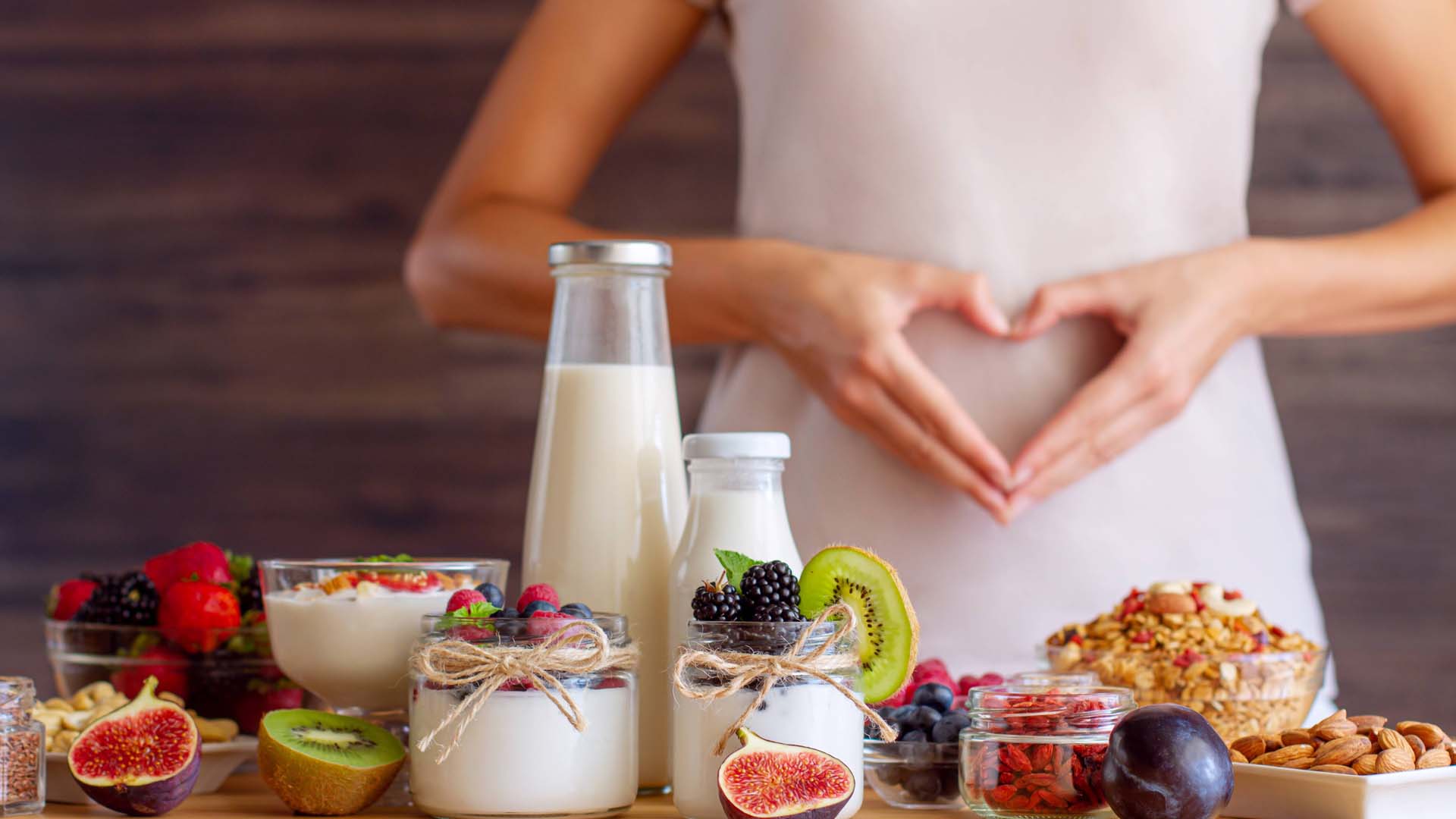
Looking after your gut health could be one of the biggest things that you can do for your overall health. Here are the best foods to keep your gut happy.
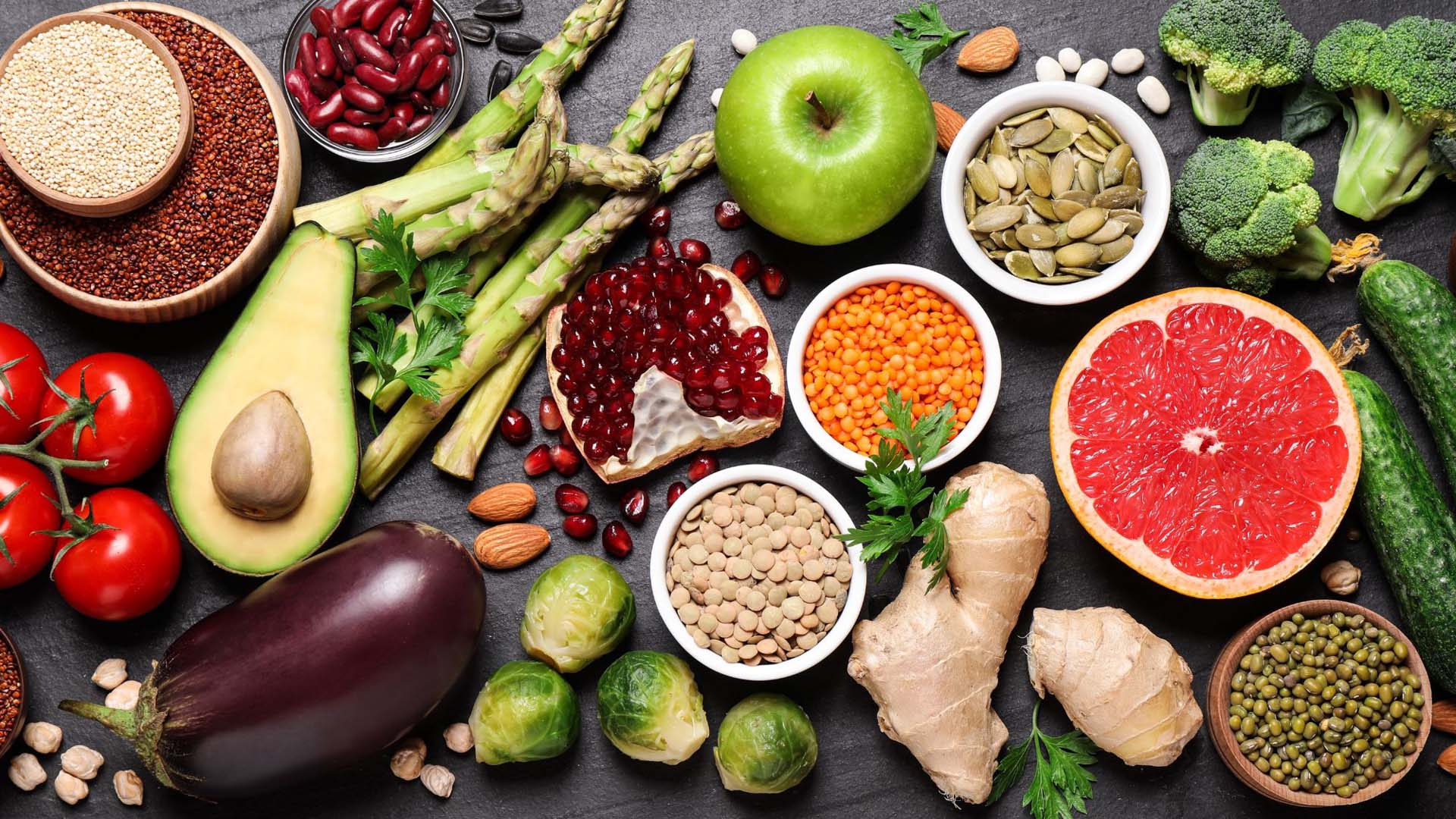
The foods that could help you live longer and protect against chronic illness.